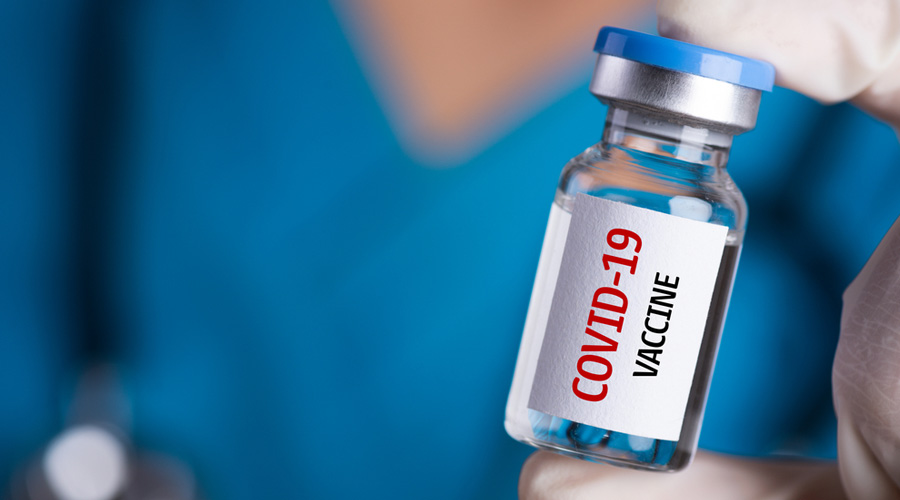A booster dose of Covishield offers the best immune response, irrespective of whether the primary doses were of Covishield or Covaxin, according to a new study conducted in India and published in The Lancet Regional Health Southeast Asia journal.
According to the study, even though homologous and heterologous boosting with Covishield or Covaxin in Covishield or Covaxin primed individuals are immunogenic and safe, boosting with Covishield produced better binding and functional antibodies, irrespective of whether the primary vaccination series used Covishield or Covaxin.
Primary SARS-CoV-2 vaccination has been shown to wane with time and provide lower protection from disease with new viral variants, prompting the World Health Organisation (WHO) to recommend the administration of booster doses.
The study, conducted by researchers from Christian Medical College, Vellore, Tamil Nadu and Centre for Cellular and Molecular Biology, Hyderabad, Andhra Pradesh, determined the safety and immunogenicity of homologous or heterologous boosters with ChAdOx1 nCoV-19 (Covishield) or BBV152 (Covaxin), the two vaccines used widely for primary immunization in India, in participants who had already received two primary doses of these vaccines, it said.
Covishield and Covaxin are the two vaccines used in the majority of the Indian population. The four permutations for a booster dose evaluated in this study are primary immunization with Covishield followed by a homologous booster or a heterologous Covaxin booster and primary immunization with Covaxin followed by a homologous booster or a heterologous Covishield booster, the study said.
Participants primed with two doses each of Covishield or Covaxin 12–36 weeks previously, were randomised to receive either Covishield or Covaxin booster in a 1:1 ratio, the study said.
The primary outcome was day 28 post-booster anti-spike IgG seropositivity and secondary outcomes were anti-spike IgG levels and assessment of safety and reactogenicity. The results of 90 days intention-to-treat analysis are presented, the study said.
In the Covishield primed group with 200 participants, the seropositivity 28 days post booster in the heterologous Covaxin arm was 99 per cent and non-inferior to the homologous Covishield arm, which was also 99 per cent, the study said.
The geometric mean concentration (GMC) of anti-spike antibodies following heterologous Covaxin boost on day 28 was 36,190.78 AU/mL while the GMC following homologous Covishield boost was 97,445.09 AU/mL, the study said.
In the Covaxin primed group with 204 participants, the seropositivity 28 days post booster in the heterologous Covishield arm was 100 per cent and non inferior to the homologous Covaxin arm which was 96 per cent, the study said.
The GMC following heterologous Covishield boost was 241,681.6 AU/mL compared to homologous Covaxin boost, which was 48,473.94 AU/mL, the study said.
The day 28 geometric mean ratio (GMR) of the anti-spike IgG between the heterologous and homologous boosted arms was 0.42 in the Covishield primed group and 5.11 in the Covaxin primed group, the study said. There were no related serious adverse events reported in any group.
Based on study results, homologous and heterologous boosting with Covishield or Covaxin in Covishield or Covaxin primed individuals are immunogenic and safe. The study found that a heterologous boost with Covishield after Covaxin prime offers the best immune response among the four combinations evaluated.
For both binding and functional antibodies, in participants primed with Covishield, homologous boosting with Covishield offers better immune responses than heterologous boosting with Covaxin; and in those primed with Covaxin, heterologous boost with Covishield offers the better immune response.
A heterologous boost with Covishield after a Covaxin primary schedule offers the best immune response among the approaches evaluated in this study.
Except for the headline, this story has not been edited by The Telegraph Online staff and has been published from a syndicated feed.










